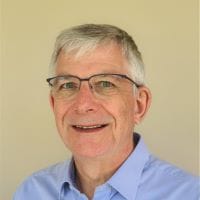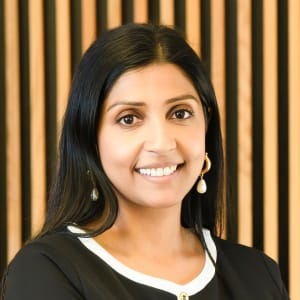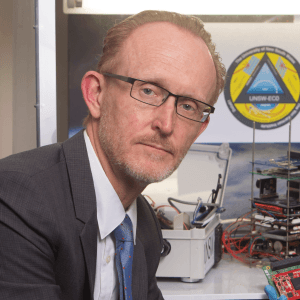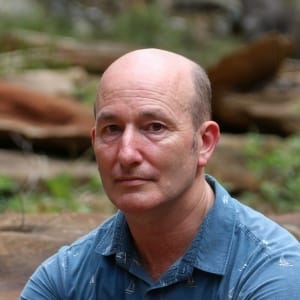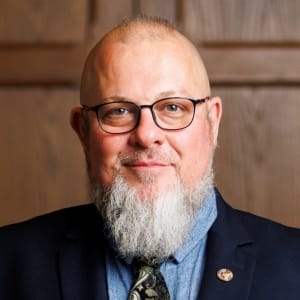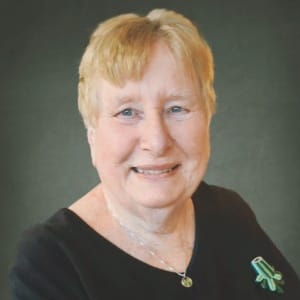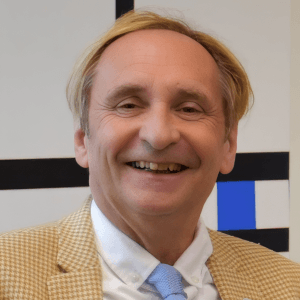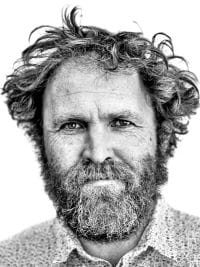

Our Energy Future:
The Unrecognised Opportunity in Glasgow — In Two Acts
Part 1: Context and Castles

Dr Saul Griffith FRSN
with
Dr Adi Paterson FRSN
Date: 12.30 pm AEST, Wed. 25 August 2021
Venue: Zoom webinars
Video presentation: YouTube videos for Part 1 and Part 2
Society Members and Fellows, and members of the public are welcome
This year, from 1–12 November 2021, Glasgow, Scotland will host the 26th session of the Conference of the Parties (COP) to the UN Framework Convention on Climate Change. “Glasgow” is the current shorthand for this meeting — which may etch it into our consciousness for a generation as Rio de Janiero did in 1992 with the Rio 21 Principles.
Saul Griffith presents a future for our energy system and economy in the context of Glasgow. For Australia, understanding what we know (and why) about our energy economy allows us to think deeply about reimagining an energy economy without carbon dioxide and other emissions. The two sessions explore the Australian energy economy: domestic — “Our Castles” and global — “Our Crushed Rocks”. Using a new analysis of our emissions data and a cross-sectoral analysis, he will contextualise our machines (hardware in the economy) and climate targets (1.5 degrees, with and without negative emissions) to show why we now need nearly perfect execution of new solutions.
Part 1: Context and Castles — 25 August 2021
The Talk: Saul Griffith
Households as a political and economic unit are a natural focal point for climate policy. To win, we must transform household economics by “Electrifying Everything”. This includes near-term cost trends, a new study on Australian household economics, and why our electric vehicle (EV) policies and gas recovery policies are not commensurate with our goals.
The Conversation: Saul Griffith and Adi Paterson
The conversation will explore themes and outcomes from the research and the new opportunities and challenges of “Electrifying Everything”.
Part 2: Crushed Rocks — 15 September 2021
The second session will start with responses to questions and comments from the first session, and will allow people who did not see session 1 to get the background that will give context to the second talk.
Questions may be submitted by email up until the close of business on Thursday, 9 September 2021.
The Talk: Saul Griffith
Given we can win the battle for our Castles in the domestic economy (Part 1), what about the export economy, given the fear of lost rural and regional jobs and export value that has traditionally driven Australian climate politics? This discussion has to deal with our hydrogen demons and global trade and economic security. It needs a very honest look at our primary exports in the context of a carbon-constrained world. Is Australia’s enormous opportunity (still) in metals? If it is, the processes need to be electrified, and we need to produce primary metals and not just ores. There is also an agricultural opportunity.
The Conversation: Saul Griffith and Adi Paterson
Saul and Adi will explore the export economy and the technologies that we don’t yet have, but which are predictably going to exist, to decarbonise the “hard to decarbonise” sectors such as steel, aluminium, cement, agriculture, forestry, paper, and pulp.
The Wrap
Saul Griffith will provide recommendations for what Australia could advance at the COP in Glasgow — if we aspire to be a country that wants to win the carbon Olympics as badly as we wanted to win at the Tokyo Olympics.
About the Speakers
Dr Saul Griffith
Saul Griffith PhD (MIT) ME (Syd) BMetEng (UNSW) is an engineer and energy entrepreneur. Saul has been a recipient of the Macarthur Fellowship, MIT TR35, World Economic Forum Young Global Leader, Tallberg Foundation Global Leadership Award, and Lemelson MIT Inventor Award. He has founded multiple technology companies including www.otherlab.com, www.instructables.com (sold to Autodesk), www.makanipower.com (sold to Google), www.sunfolding.com, www.gradientcomfort.com, www.voluteinc.com (sold to Linamar/McLaren), www.roamrobotics.com, and www.canvas.build. Saul has been principal investigator on government research contracts from NASA, DOE, ARPA-e, DARPA, NSF, NIH, SOCOM, ONR and others and has converted many of the resulting technologies into valuable businesses. He has studied national and global energy systems in detail, including www.energyliteracy.com, an unprecedented look into the details of energy flows and dependencies. Saul is the co-founder of RewiringAmerica.org, an advocacy group for rapid electrification of the US economy as a climate solution commensurate with UN 1.5 degree goals. Through Otherlab, Saul works with top tier universities, government research agencies, and Fortune 1000 businesses, but retains his independence as a private R&D enterprise.
Dr Adi Paterson
Dr Adi Paterson has wide-ranging experience in energy policy, systems, technology, and innovation. He has had policy and management experience related to nuclear energy, hydrogen as an energy vector, energy in development settings, and battery innovation and industry potential. His current focus: energy sovereignty, security and low carbon energy options for established economies and the developing world, based on environmental sustainability to 2121. During his tenure as CEO of the Australian Nuclear Science and Technology Organisation (ANSTO), Australia joined the Generation-IV International Forum — a treaty-level nuclear organisation developing nuclear reactor designs to be available from 2035. Prior to joining ANSTO he was Chief Operating Officer of the Pebble-Bed Modular Reactor (PBMR) Company in South Africa, including responsibility for international outreach (primarily in the USA and Canada).
In the 1990s he led the Materials and Energy Division at the Council for Scientific and Industrial Research, South Africa, including the development of high-temperature battery systems and licensing of IP for lithium batteries. He is the Principal and Founder of Siyeva Consulting. He was recognised as Professional Engineer of the Year (Sydney Division) in 2012 and is an Honorary Fellow of Engineers Australia. He has an Honorary Doctorate from the University of Wollongong.
